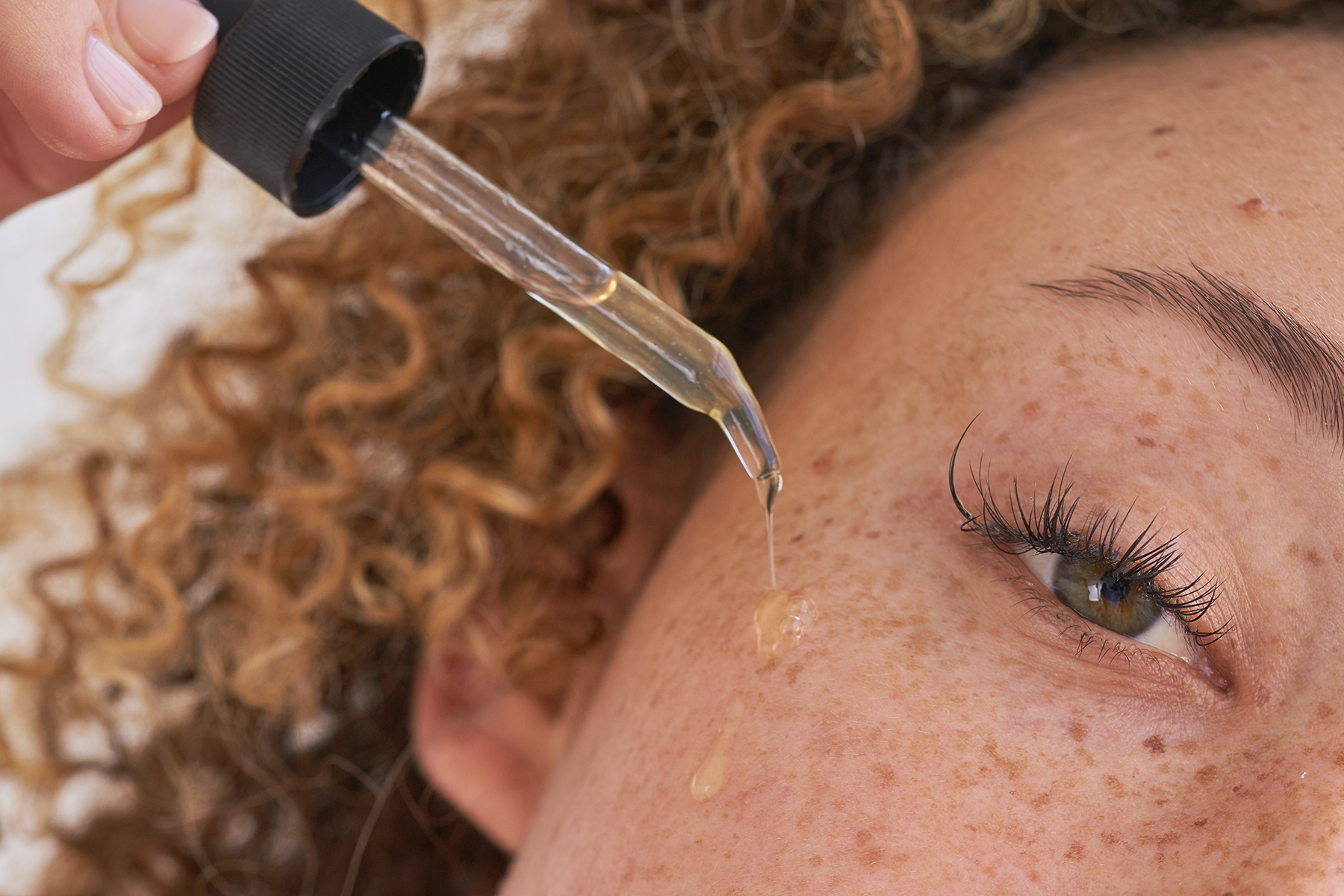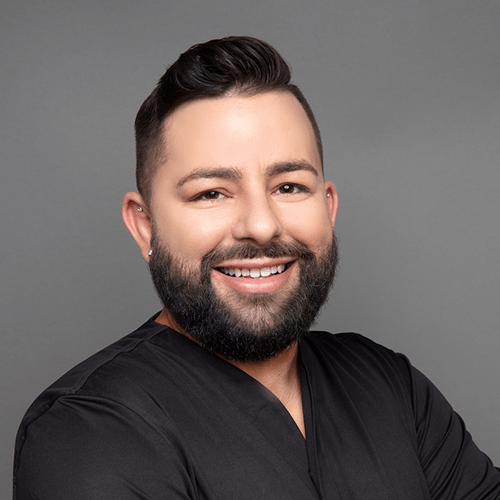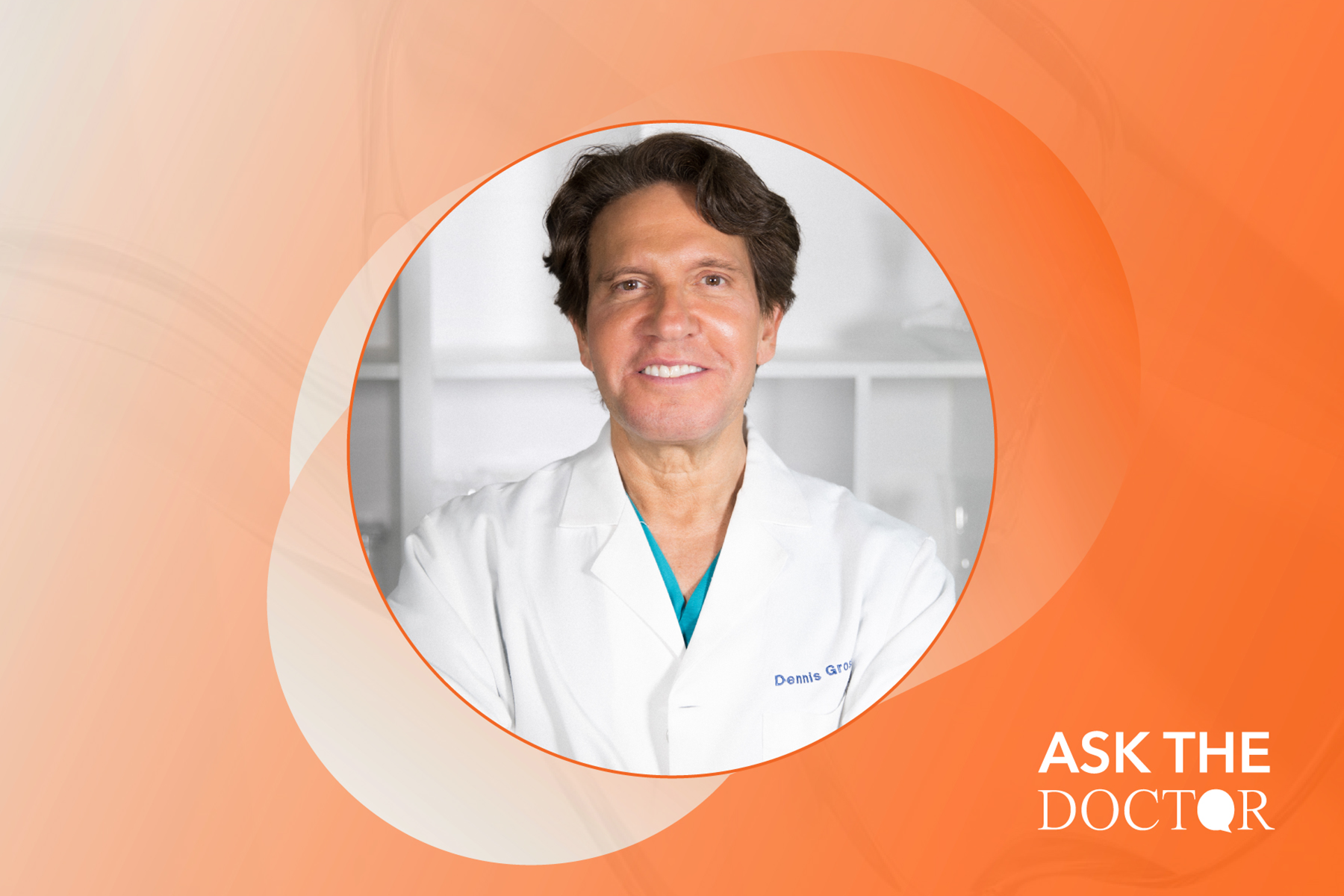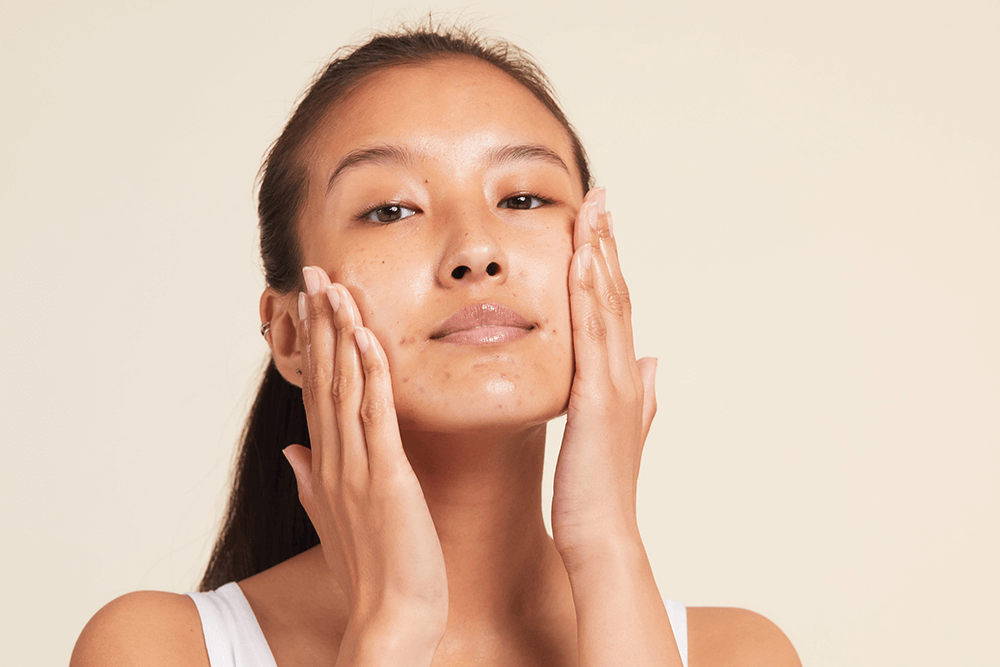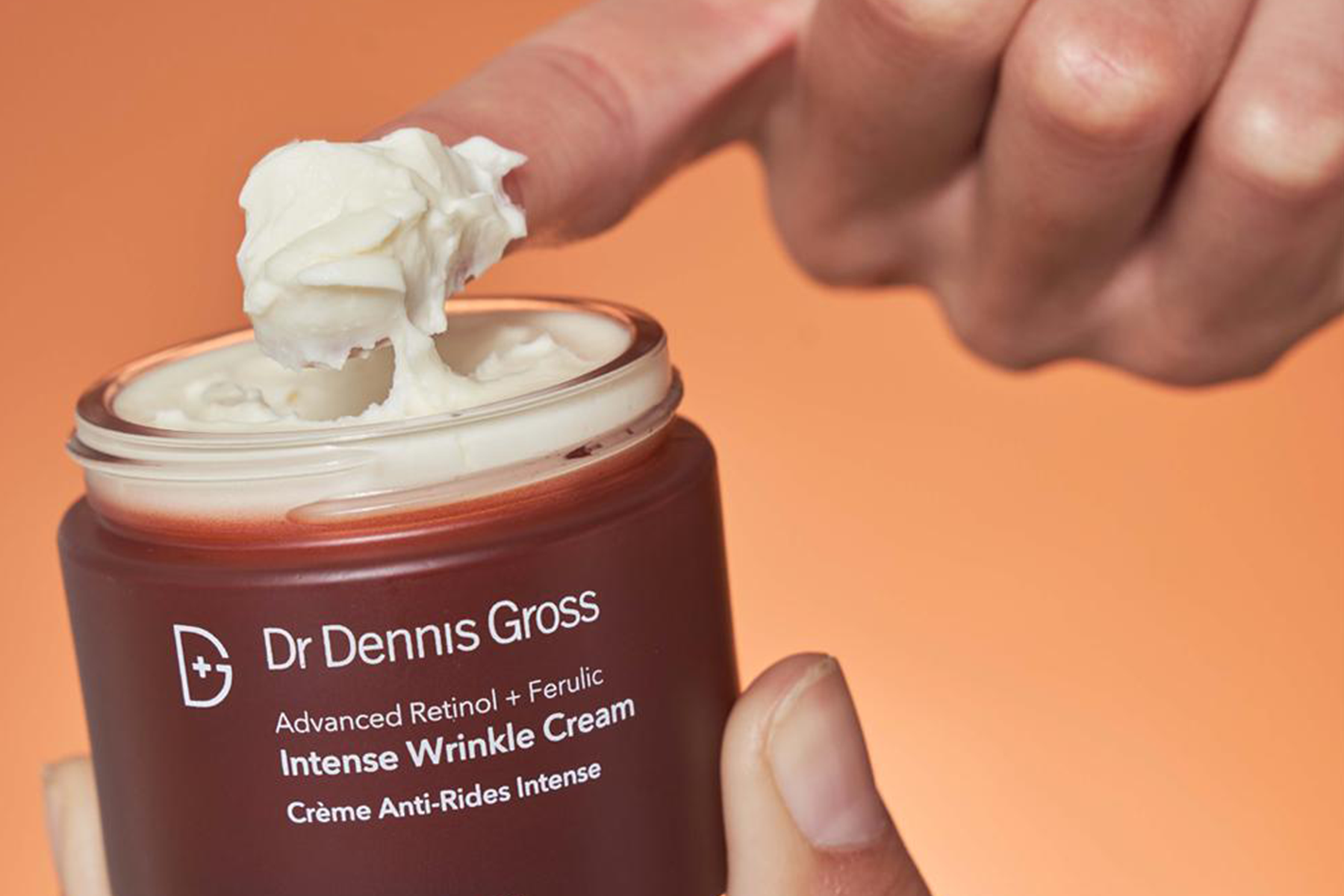The+Source
Intro: There’s so much talk these days about retinol and retinoids that the two terms can seem interchangeable. And while they’re closely related, they’re not actually the same thing. Due to its chemical profile, retinol can be the right choice for some people, while others fare better with a retinoid. Understanding the similarities and differences between the two will help you make an informed decision about this derm-beloved skincare staple, in relation to your own complexion.
How retinol and retinoids are similar:
Both retinol and retinoids are vitamin A derivatives.
Both increase cellular turnover, ramp up collagen production, and inhibit tyrosinase (the enzyme that controls melanin production). As a result, consistent use of either ingredient will even out skin’s tone and texture, clear up acne, reduce fine lines and wrinkles, and minimize hyperpigmentation.
They bring fresh, new cells to the skin’s surface that are more sensitive to the sun. Yet another reason why daily SPF application should be as automatic as a reflex.
UV light is like kryptonite to retinol and retinoids. This is why you often see those products packaged in dark or opaque containers (it maintains their potency). It also means that if you apply a retinol or retinoid in the morning and don’t cover it with sunscreen, it’s likely to degrade before it has a chance to trigger any skin improvement (to say nothing of the damage UV rays do to unprotected skin).
Especially if you’ve never used one before, retinol and retinoids can sometimes trigger skin irritation, such as redness, peeling, or flaking. However, this goes away as your skin adapts to the new ingredient.
Neither can be used by those pregnant or breastfeeding.
They’re a non-negotiable item in the daily skincare routine of practically every dermatologist you’ve ever met.
How retinol and retinoids are different:
| Fun Fact: Retinol is actually a type of retinoid.
When speaking of retinoids alone, most people are referring to the prescription versions, such as tretinoin (aka Retin-A), tazarotene (like Tazorac), or isotretinoin (Accutane is one). Retinol, on the other hand, while also a member of the retinoid family, is available over the counter.
Worth noting: Retinol isn’t the only type of OTC retinoid. There are also retinoid esters, like retinyl palmitate and retinyl acetate, as well as the formerly Rx-only adapalene, which is now sold as Differin. However, retinol is generally considered to be one of the most potent of those you can purchase without a prescription.
Prescription retinoids are stronger than retinol because they have a more direct line to the skin cells. Here’s why: In the most basic terms, retinoic acid regulates gene expression by activating the retinoic acid receptors (RARs) on skin cells. This leads to a host of skin benefits, including increased collagen production and accelerated cellular turnover. In the skin, topical retinol undergoes a two-step oxidation process that turns it into retinoic acid, allowing it to communicate with cells in a language they understand. Prescription retinoids pretty much are retinoic acid already, so they’re good to go out of the tube.
Studies have shown that prescription retinoids are 10 to 20 times more powerful than retinol. But with great power comes great…irritation. While both types of ingredients can cause temporary redness and peeling, the effects are usually more profound with prescription retinoids.
Retinol vs retinoid — how do you know which one is right for you?
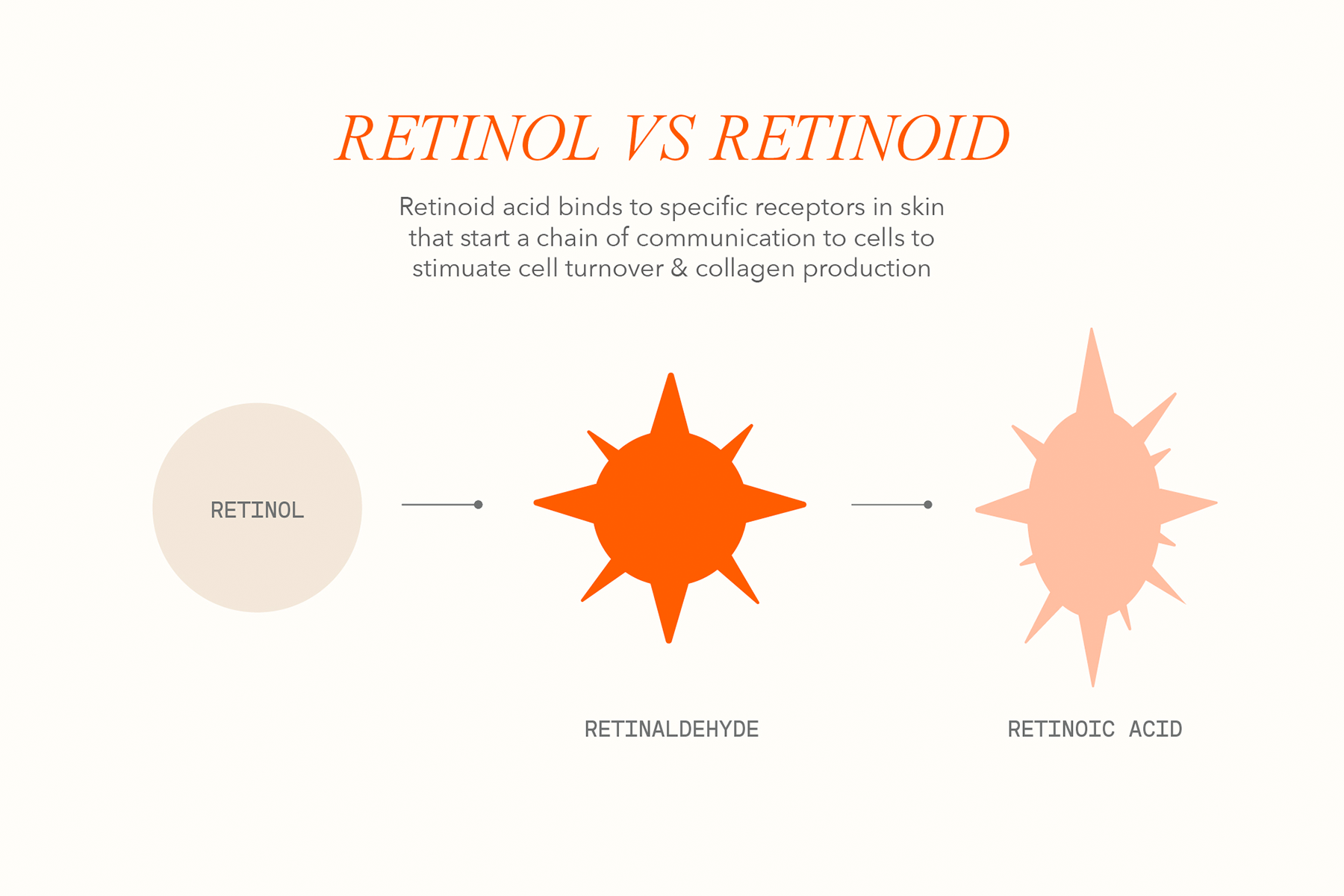
Almost every type of skin can benefit from regular application of one of these vitamin A derivatives. (The exceptions are generally those with eczema or severe rosacea.)
If it’s your first time trying the ingredient or your skin is inherently sensitive, an OTC product will be your best bet. Advances in delivery systems, as well as in the ingredients themselves, mean that OTC retinols are both highly efficacious and have a low chance of triggering an unpleasant response.
However, reactive types should also look for an OTC retinol formulated with anti-inflammatory ingredients, such as rambutan and bakuchiol, to act as an additional side-effects safeguard. (Bonus: Plant-derived bakuchiol also helps strengthen skin’s moisture barrier, which lowers the risk of irritation even more.)
If you’re already seeing a dermatologist you trust, and he or she suggests you’d benefit from an Rx retinoid, definitely consider giving one a shot.
Regardless of whether you go the prescription or non-prescription route, start by applying your topical of choice a couple of times a week, working up to every other day, then daily—assuming your complexion can tolerate it.
Keep in mind that no matter which you select, change doesn’t happen overnight. Unlike an exfoliant, such as a chemical peel that whisks away dead surface cells so you wake up glowing, retinol and prescription retinoids are more the “slow and steady wins the race” type. (It takes a beat for your collagen factory to fire on all cylinders.) And as with so many things, consistency and dedication lead to success. (Just ask Tom Brady, who’s still a starting NFL quarterback at the age of 43.) You need to make your topical of choice as much a part of your daily routine as your Sonicare. You’ll likely notice improvements in your skin after a week or two of this program, but the real “wow” moment won’t happen for about a month. Another benefit to these vitamin A-derivatives is that they also improve what you don’t see. Namely, the discoloration or fine lines that have yet to show up on your face, but are lurking just below its surface.
In the case of both retinol and prescription retinoids (with apologies to Mae West), too much of a good thing isn’t wonderful. You won’t get better/faster/stronger results if you spackle on a thick layer of your treatment product. In fact, you’ll likely end up upsetting your skin. All it takes is a pea-sized amount of a retinol cream or retinol serum to cover your entire face. That’s it.
Discover Dr. Dennis Gross Skincare for All Your Skincare Needs
For more skincare tips from the experts at Dr. Dennis Gross, check out our blog’s newest content. Discover our full line of retinol and ferulic skincare with powerful skincare ingredients backing the star: retinol. Shop the collection of Dr. Dennis Gross bestselling skincare backed by dermatologists.
